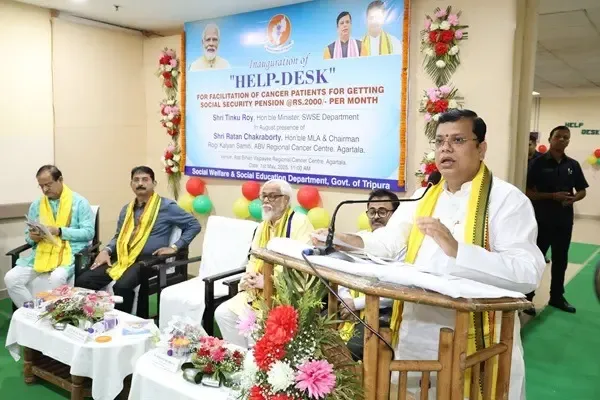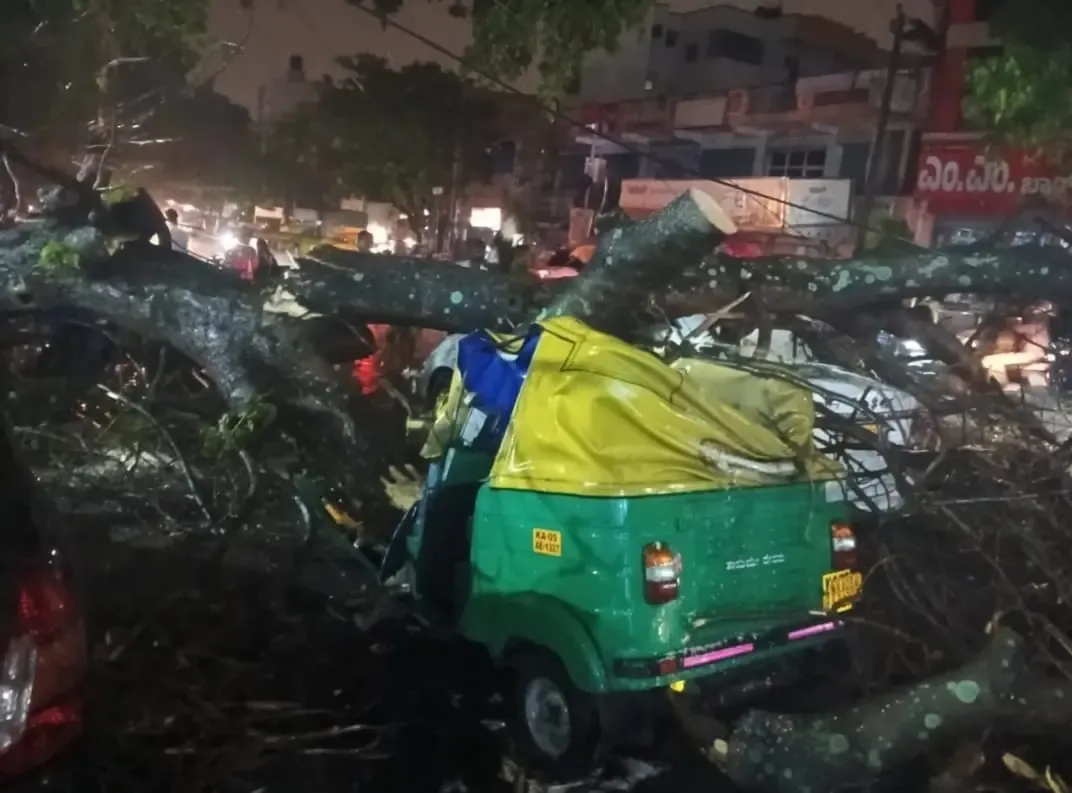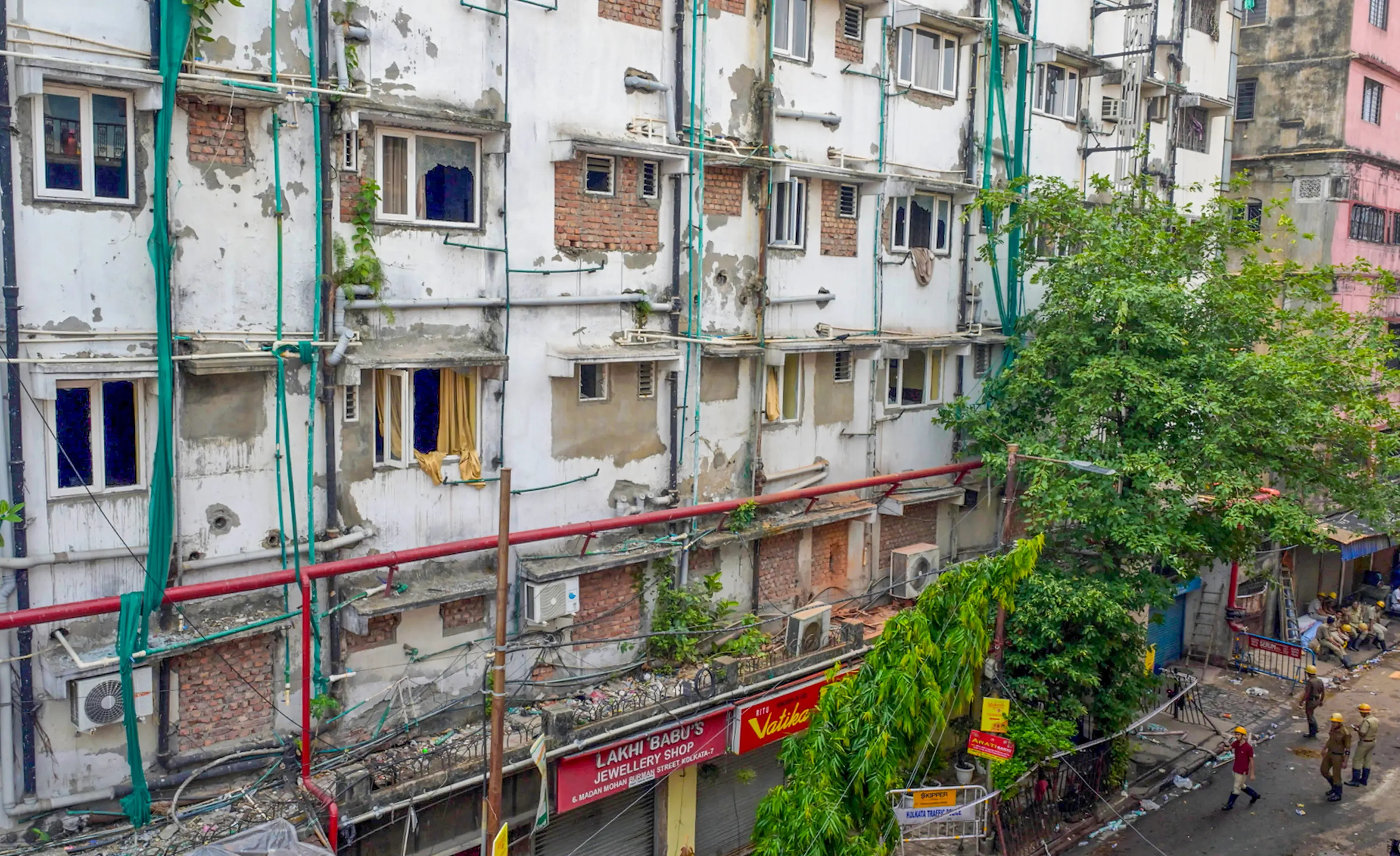What Happened at the Border? A Tale of Separation and Heartache

Synopsis
A tragic separation story unfolds at the Attari-Wagah border as two mothers struggle against bureaucratic challenges to reunite with their children in Pakistan. Amidst emotional turmoil, they face the harsh realities of missed deadlines and passport disputes. This story highlights the human cost of political boundaries.
Key Takeaways
- Two sisters are trapped at the Attari-Wagah border due to bureaucratic issues.
- They were unaware of the April 30 deadline for crossing.
- Their children in Pakistan are waiting anxiously for their return.
- This situation highlights the emotional toll of political boundaries.
- Advocacy for humane solutions is vital for family reunification.
Attari, May 1 (NationPress) After the tragic Pahalgam terror attack, a heartrending tale of separation emerged at the Attari-Wagah border, where two sisters, having traveled to India to care for their ill mother, became trapped at the border due to a missed deadline and a passport issue. Their return journey to Pakistan is now stalled, leaving their children distressed as they navigate through bureaucratic hurdles.
Muhammad Shariq, a resident of Uttar Pradesh, arrived at the border with his two sisters, Nabila Raj and Sharmin Irfan, both of whom are married in Pakistan. They had visited India on a 45-day visa to see their sick mother, but now they are unable to go back to Pakistan.
Shariq mentioned in an interview with IANS, "Their passports are Indian, but they are married in Pakistan, and their children live there. They are being prevented from crossing the border due to this passport complication."
The sisters, visibly distressed, shared how their predicament had worsened. Nabila stated, "I am originally from Delhi, but I got married 18 years ago in Karachi. I have four children. Two are in Pakistan, and two are here with me in India. My eldest son was paralyzed after an accident, and he has been in that condition for two years now. He needs me terribly. Every day he asks, 'Mamma, when will you return?' He’s not well, and it breaks my heart to hear him cry. But now, the Pakistani government is not allowing us to return, and it's causing immense grief to my children."
She further explained, “We were unaware of the April 30 deadline. The Pakistani High Commission notified us that it was the last day to cross the border. We rushed here, hoping to make it in time. But we’ve been here since April 30 morning and still haven’t been permitted to cross."
Sharmin added, “We didn’t realize that the deadline for border crossing was April 30. Had we known, we would have ensured to arrive earlier. Now, we are stuck, unable to return, while our children are waiting for us, caught in this bureaucratic mess.”
The atmosphere at the border remains tense, and both Nabila and Sharmin’s dreams of reuniting with their children are hanging by a thread.
Many families share their plight, separated by the complexities of visas, passports, and missed deadlines. On one side, children await in Pakistan for their mothers, who are stranded in India. On the opposite side, mothers yearn for their children, divided by the rigid boundaries set by both nations. The emotional strain on these families is profound, with little hope for reconciliation.
In this situation, individuals on both sides are left feeling helpless and frustrated. The barriers that divide India and Pakistan have not only separated countries but have also torn families apart, leaving them longing for reconnection.
Nabila expressed her sorrow, saying, "All we want is to be with our children in Pakistan. We are not asking for anything more. We just wish to go back to Pakistan where our children are waiting for us."
This incident serves as a poignant reminder of the human consequences of political borders. While governments continue to draw lines on maps, ordinary families are the ones who suffer, unable to traverse these lines to be with their loved ones.









